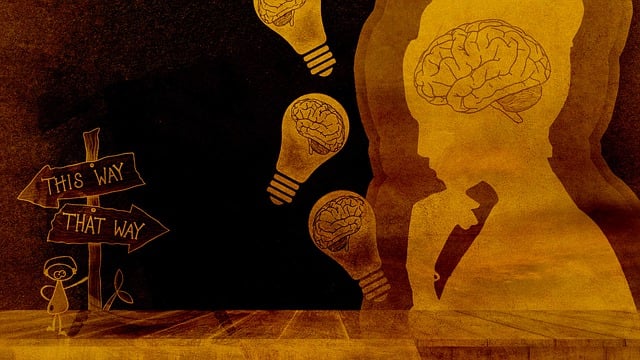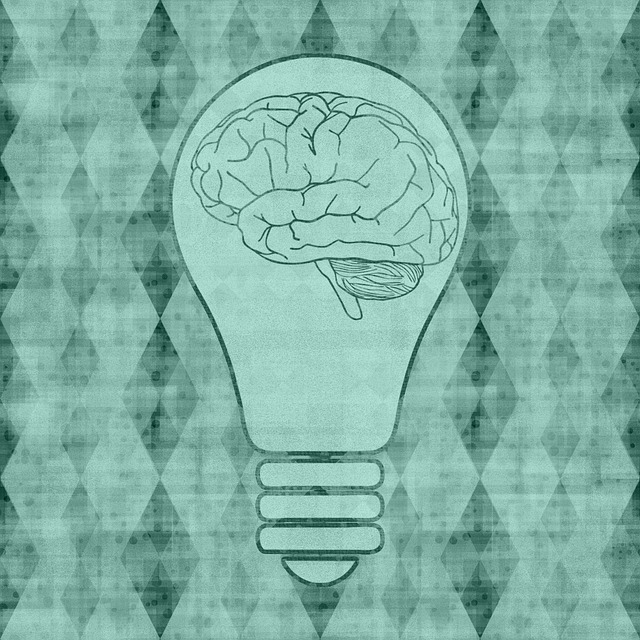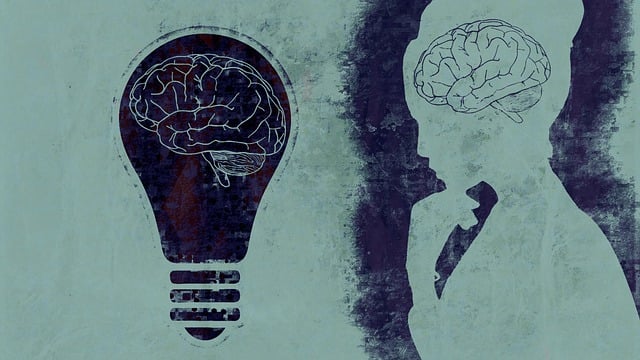Longmont Conduct Disorder Therapy (CDT) tackles mental illness stigma through tailored treatment, education, and community engagement. By addressing misconceptions and fostering understanding, CDT reduces discrimination and isolation, improving quality of life for individuals with conduct disorders. Integrated into a diverse-competent healthcare network, their evidence-based approach combines personalized care with burnout prevention, transforming lives and creating a more inclusive community. Public awareness campaigns, collaborative initiatives, and peer support groups are vital tools in this effort to normalize mental health conversations and reduce stigma.
Mental illness stigma remains a significant barrier to treatment, impacting individuals’ lives across the globe. This article explores targeted efforts to reduce this societal burden, focusing on strategies within healthcare settings and community engagement. We delve into the profound impact of stigma, its historical roots, and innovative solutions like Longmont Conduct Disorder Therapy, offering hope and recovery paths for those affected. By understanding these approaches, we can foster a more inclusive society where mental health is treated with compassion.
- Understanding Mental Illness Stigma: Its Impact and Origins
- Strategies for Reducing Stigma in Healthcare Settings
- Community Engagement and Education: Empowering Change
- Longmont Conduct Disorder Therapy: A Path to Recovery and Reduced Stigma
Understanding Mental Illness Stigma: Its Impact and Origins

Mental illness stigma is a pervasive issue that has profound effects on individuals and communities alike. It stems from misconceptions and fear, leading to discrimination and isolation. Often, this stigma arises from a lack of understanding about mental health conditions, such as conduct disorder, which is characterized by repetitive and persistent patterns of behavior violating the rights of others or societal norms. In Longmont Conduct Disorder Therapy centers, professionals work tirelessly to combat these stigmas through individualized treatment plans and support services.
The impact of stigma can be severe, hindering individuals from seeking help for their mental health issues. It contributes to a culture of silence where struggles with depression, anxiety, or any other mental illness go unrecognized and unaddressed. This can lead to chronicization of conditions, reduced quality of life, and increased risk for co-occurring disorders. Organizations focused on mental wellness coaching programs and development, stress management workshops, and even comprehensive risk management planning for mental health professionals, play a crucial role in breaking down these barriers. By educating communities and providing resources, they foster an environment where mental illness is met with empathy, compassion, and understanding.
Strategies for Reducing Stigma in Healthcare Settings

Reducing stigma in healthcare settings is an essential step in ensuring individuals with mental health conditions receive proper care and support. One effective strategy is to integrate education and training programs for healthcare professionals. These initiatives should focus on raising awareness about various mental illnesses, including conduct disorder, and challenging stereotypes associated with them. By fostering a better understanding of these conditions, healthcare providers can offer more empathetic and effective treatment options, such as Longmont Conduct Disorder Therapy.
Additionally, creating inclusive environments within healthcare facilities is crucial. This involves implementing policies that promote diversity and sensitivity towards all patients, regardless of their mental health status. Encouraging open dialogue about mental illness, burnout prevention, and resilience building can help break down barriers and encourage individuals to seek help without fear of judgment. Public awareness campaigns development can also play a significant role in normalizing conversations around mental health, ultimately leading to more accepting healthcare settings.
Community Engagement and Education: Empowering Change

Community engagement and education are powerful tools in the ongoing fight to reduce mental illness stigma. By bringing people together and fostering open conversations about mental health, we can dispel myths and misconceptions that often surround conditions like conduct disorder. Longmont Conduct Disorder Therapy initiatives focus on creating safe spaces where individuals, families, and community members can learn about these challenges, understand their impacts, and develop empathy. This approach not only aids in stigma reduction but also promotes emotional well-being promotion techniques by encouraging support networks and early intervention.
Public awareness campaigns development should be a collaborative effort, involving local businesses, schools, healthcare providers, and community leaders. These partnerships can help in reaching broader audiences, especially marginalized communities, with accurate information about mental health. Through educational programs, workshops, and peer support groups, we can boost confidence in those affected by mental illness while equipping the wider public with emotional resilience-boosting skills to better understand and support their loved ones.
Longmont Conduct Disorder Therapy: A Path to Recovery and Reduced Stigma

In Longmont, Conduct Disorder Therapy (CDT) is a beacon of hope in the fight against mental illness stigma, particularly surrounding conduct disorders. This therapeutic approach focuses on addressing underlying issues and promoting positive behaviors, offering individuals affected by conduct disorders a path to recovery and improved mental wellness. By combining evidence-based practices with personalized care, Longmont CDT not only treats symptoms but also fosters an environment that reduces the social isolation often associated with mental health challenges.
The effectiveness of Longmont Conduct Disorder Therapy is further enhanced by its integration into a comprehensive healthcare ecosystem. Healthcare providers in the area are encouraged to undergo Cultural Competency Training, which equips them with the skills to offer empathetic and effective care to diverse populations. This training, coupled with burnout prevention strategies for healthcare providers, ensures that support remains consistent and accessible, contributing significantly to stigma reduction efforts. Through collaborative initiatives and a holistic approach to mental wellness, Longmont CDT is transforming lives and fostering a more inclusive community.
Mental illness stigma, deeply rooted in societal perceptions, significantly hinders individuals from seeking help. Through understanding its origins and impact, we can implement effective strategies like those offered by Longmont Conduct Disorder Therapy to foster acceptance. Community engagement and education play a crucial role in empowering positive change, ensuring that mental health support is accessible and non-stigmatized for all.













